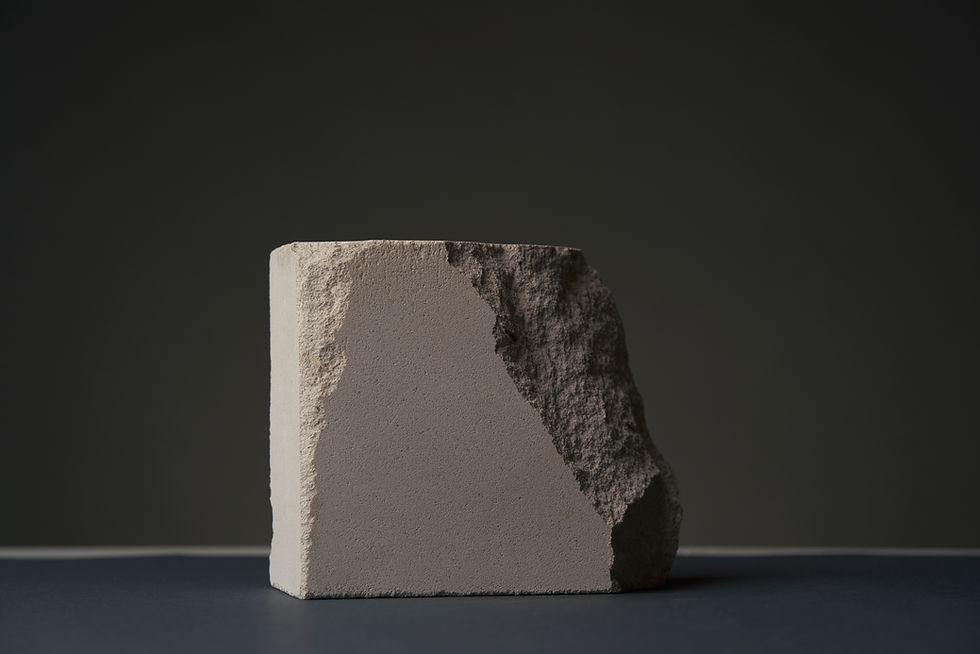Structural Inspections Can Save You a-LOT of Money
- Apr 9, 2024
- 3 min read
Updated: May 20, 2024
A structural inspection is an assessment conducted by a qualified professional to evaluate the integrity and condition of a property's fundamental elements, such as its foundation, load-bearing walls, beams, roof, and other critical structural components. Typically, this inspection is part of the home-buying process, often found in the due diligence phase before finalizing the purchase to ensure the property is sound and free from significant defects.
During an inspection, look out for signs of structural damage such as large cracks in walls or foundations, sagging or uneven floors, doors or windows that won't close properly, and any signs of water damage or mold, as these can indicate serious underlying issues that could be costly to repair.
Identifying (Hidden) Defects
A thorough inspection can reveal hidden problems, such as structural defects, roofing issues, dampness, mold, or problems with the electrical wiring and plumbing. Discovering these issues early can prevent you from facing unpleasant surprises and high repair costs later on. Moreover, buyers should expect that properties comply with construction regulations effective at the time of building or renovation.

Tip: Bring your camera along to the inspection and snap any structural defects. Then match this with the structural report provided to you by the real estate agent.
Negotiating Power
The results of a structural inspection can be used to negotiate the purchase price of the house. If significant problems are found, you can ask the seller to carry out the repairs or to reduce the price of the property to cover the repair costs.
Future Planning
The report from the structural inspection provides a clear picture of the current condition of the house and aids in planning future expenses for maintenance and renovation. This helps with budgeting and prevents you from having to make unexpected large expenditures.
Tip: By calculating the estimated cost to repair structural damage and adding this onto the cost of the property you can calculate what the cost of your mortgage and or future repayments will be.
Preventing Expensive Repairs
By identifying problems early, you can often prevent minor issues from turning into large, costly problems. In most cases, regular maintenance is cheaper than a major repair or replacement.

Tip: During an inspection take your time to test the taps, the lights and anything else that may seem broken or out of place (with your agents permission ofcourse!)
Improving Energy Efficiency
A structural inspection can expose inefficient systems or insulation problems. Improving the energy efficiency of the house can lead to significant savings on energy bills.
Investment Protection
Your house is likely one of the largest investments you will make. A structural inspection ensures that your investment is sound, by confirming that the house is in good condition or by identifying what improvements are needed to maintain or increase the value of the house..
Researching Structural Defects in the Netherlands
In the Netherlands, buyers are advised to utilize structural surveys or building inspections to uncover hidden defects. These inspections, conducted by qualified professionals, provide a comprehensive assessment of the property's condition, ensuring informed purchasing decisions.
It is the Seller’s Duty to Inform You!
Sellers must not provide false information regarding the property’s condition. If incorrect information is given, it may constitute a breach of the duty to inform, leading to potential legal ramifications. Buyers should thoroughly investigate any disclosed issues to evaluate their seriousness and repair costs.

Legal and Financial Considerations
Understanding the legal framework, particularly the Dutch Civil Code’s stipulations on property and construction defects, is crucial. Buyers should ensure their contracts include protective clauses against structural defects and consider obtaining comprehensive insurance policies to cover potential post-purchase discoveries.
In summary, purchasing a property requires meticulous attention to potential structural defects.
By following these guidelines, buyers can significantly mitigate the risks associated with hidden defects, ensuring a sound investment and peace of mind.
Last updated: 21th April 2024
To find out more read our step by step guide on > How to Check for Structural Damage to a Property





Comments